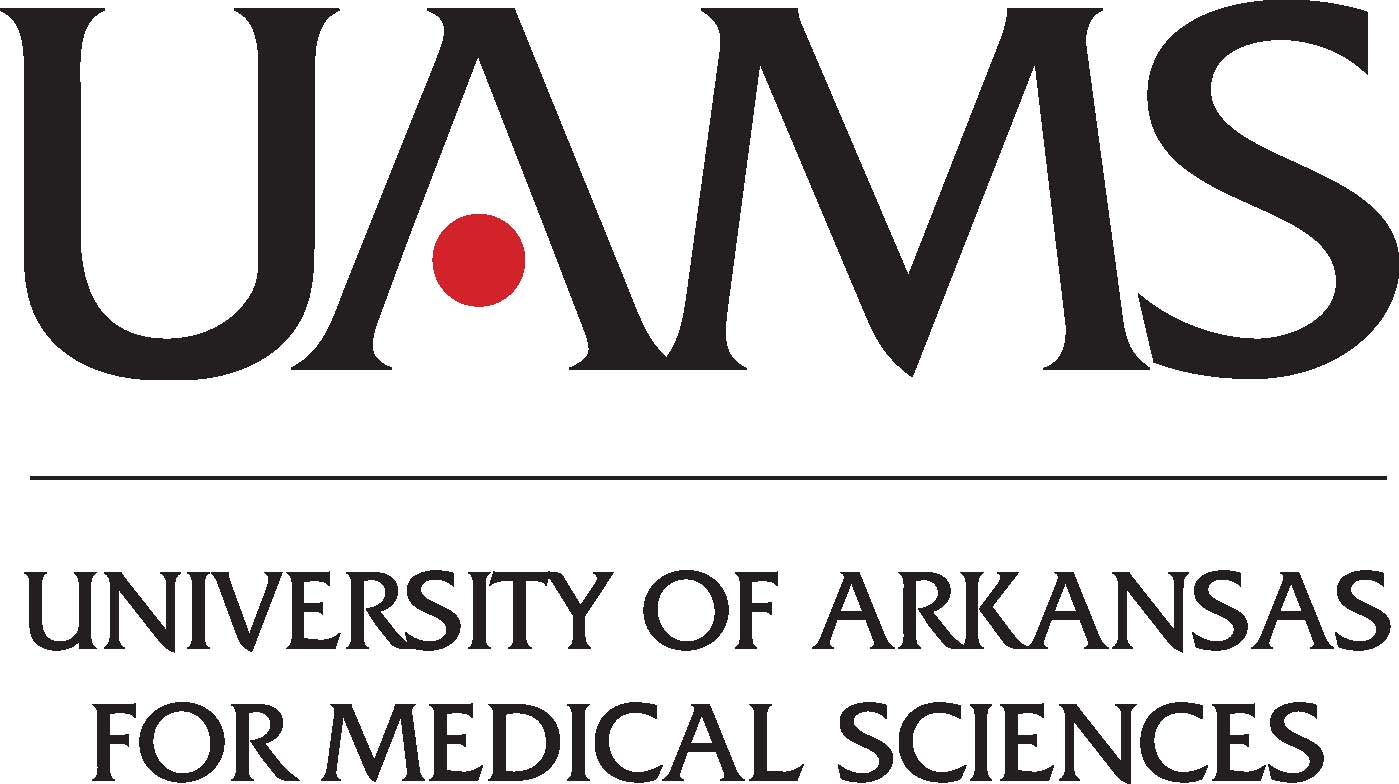Building Partnerships With First Responders to Improve Delivery and Access of Mental Health Services
| Status: | Recruiting |
|---|---|
| Healthy: | No |
| Age Range: | 18 - Any |
| Updated: | 2/7/2019 |
| Start Date: | January 31, 2019 |
| End Date: | February 2021 |
| Contact: | Sara Jones, PhD |
| Email: | SLJones@uams.edu |
| Phone: | 501-526-7846 |
Building Partnerships With First Responders to Explore Strategies to Improve Delivery and Access of Mental Health Services
This study will conduct qualitative interviews with firefighters and EMTs/ paramedics across
Arkansas. To address this aim, opt-in methods will be used to recruit a diverse group of
firefighters and emergency medical technicians/paramedics from across Arkansas to participate
in qualitative interviews, defined as focus groups and individual interviews. Through this
work, this will generate the scientific foundation to develop a comprehensive, mental health
service model that will motivate engagement in services by diverse first responders.
Arkansas. To address this aim, opt-in methods will be used to recruit a diverse group of
firefighters and emergency medical technicians/paramedics from across Arkansas to participate
in qualitative interviews, defined as focus groups and individual interviews. Through this
work, this will generate the scientific foundation to develop a comprehensive, mental health
service model that will motivate engagement in services by diverse first responders.
Firefighters and emergency medical technicians (EMTs)/ paramedics respond to more than 50
million emergency calls in the U.S. every year. The daily operations and experiences that are
expected and accepted as part of their job expose them to various traumatic events. The
nature, frequency, and intensity of duty-related traumatic exposures place these first
responders (FRs) at significant risk for mental health (MH) problems, such as post-traumatic
stress disorder (PTSD) and suicide. However, due to the stigma of mental illness and the
culture of self-reliance and strength that surrounds FRs, few are willing to seek help. There
will be a two-stage exploratory, qualitative study that will use a statewide
community-engagement approach to conceptualize a MH service model that would motivate FRs to
be more engaged in services. In Stage 1, qualitative interviews with firefighters and EMTs/
paramedics will be conducted across Arkansas. In Stage 2, product development process
grounded in these findings to conceptualize a MH service model feasible for implementation in
real world settings. (Protocol for Stage 2 will be submitted for IRB approval at a later
time.) Stage 1, Specific Aim: Identify FRs' preferences and priorities regarding MH service
and delivery methods, including the feasibility, acceptability, and value of each method. To
address this aim, we will use opt-in methods to recruit a diverse group of firefighters and
EMTs/paramedics from across Arkansas to participate in qualitative interviews, defined as
focus groups and individual interviews. After all qualitative interviews have been analyzed,
a series of product development activities in Stage 2. Through this work, the scientific
foundation to develop a comprehensive, MH service model that will motivate engagement in
services by diverse FRs. This study's findings will guide a multi-stage, research agenda that
will include development and pilot testing of the MH service model, ultimately, promoting
engagement in MH services may decrease suicide rates and improve the overall MH outcomes
among this at-risk population.
million emergency calls in the U.S. every year. The daily operations and experiences that are
expected and accepted as part of their job expose them to various traumatic events. The
nature, frequency, and intensity of duty-related traumatic exposures place these first
responders (FRs) at significant risk for mental health (MH) problems, such as post-traumatic
stress disorder (PTSD) and suicide. However, due to the stigma of mental illness and the
culture of self-reliance and strength that surrounds FRs, few are willing to seek help. There
will be a two-stage exploratory, qualitative study that will use a statewide
community-engagement approach to conceptualize a MH service model that would motivate FRs to
be more engaged in services. In Stage 1, qualitative interviews with firefighters and EMTs/
paramedics will be conducted across Arkansas. In Stage 2, product development process
grounded in these findings to conceptualize a MH service model feasible for implementation in
real world settings. (Protocol for Stage 2 will be submitted for IRB approval at a later
time.) Stage 1, Specific Aim: Identify FRs' preferences and priorities regarding MH service
and delivery methods, including the feasibility, acceptability, and value of each method. To
address this aim, we will use opt-in methods to recruit a diverse group of firefighters and
EMTs/paramedics from across Arkansas to participate in qualitative interviews, defined as
focus groups and individual interviews. After all qualitative interviews have been analyzed,
a series of product development activities in Stage 2. Through this work, the scientific
foundation to develop a comprehensive, MH service model that will motivate engagement in
services by diverse FRs. This study's findings will guide a multi-stage, research agenda that
will include development and pilot testing of the MH service model, ultimately, promoting
engagement in MH services may decrease suicide rates and improve the overall MH outcomes
among this at-risk population.
Inclusion Criteria:
- ages 18 and over volunteer and career personnel active, inactive, and retired
Exclusion Criteria:
- Non- English speaking (due to the nature of focus group/interview discussions)
We found this trial at
1
site
529 West Markham Street
Little Rock, Arkansas 72205
Little Rock, Arkansas 72205
(501) 686-7000

Phone: 501-526-7846
University of Arkansas for Medical Sciences The University of Arkansas for Medical Sciences (UAMS) in...
Click here to add this to my saved trials